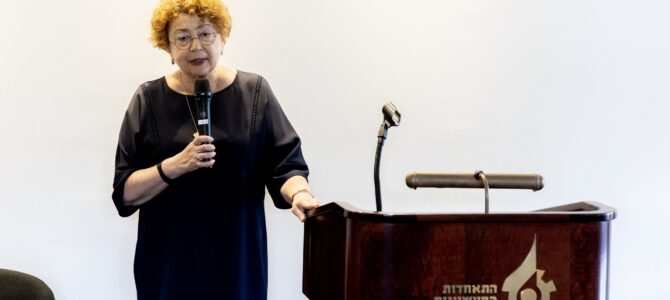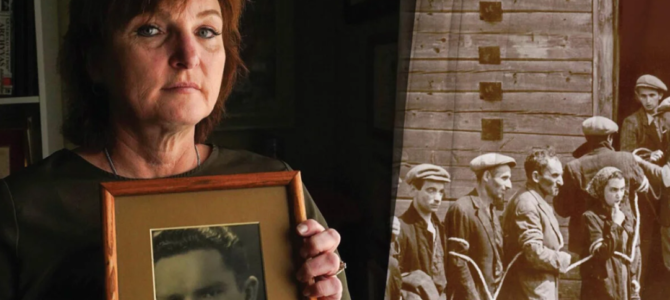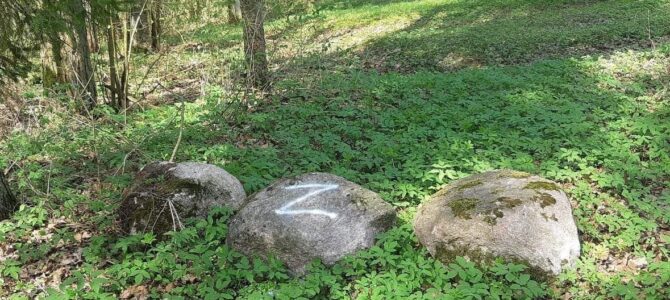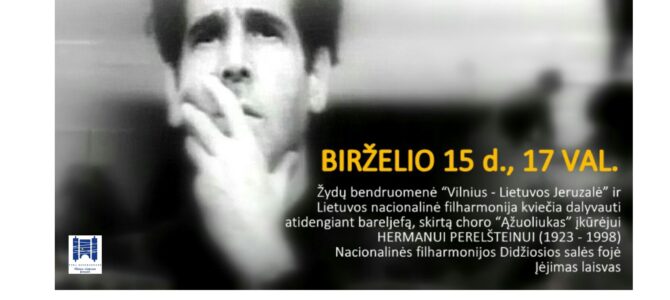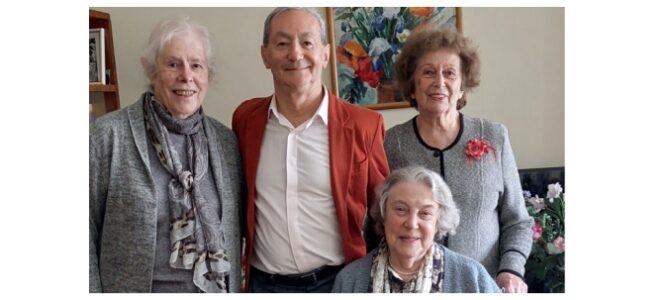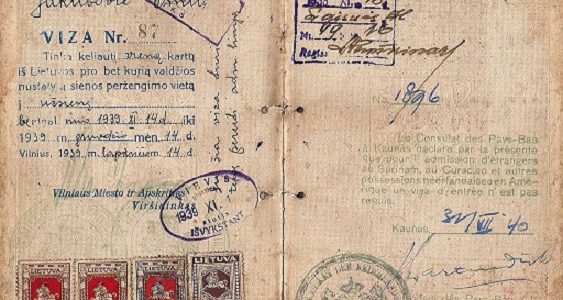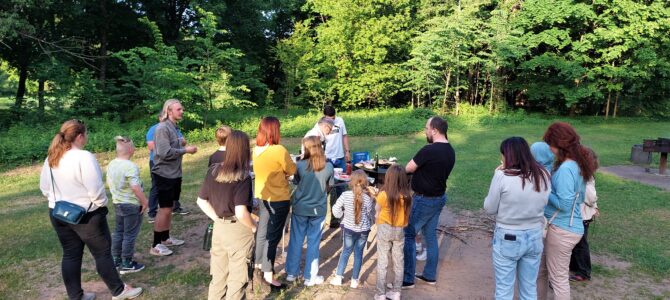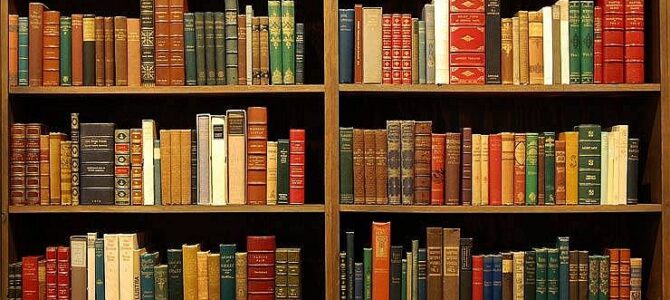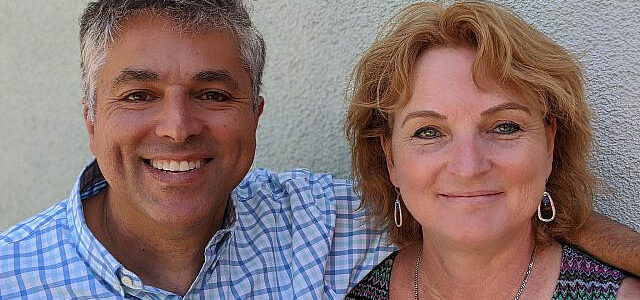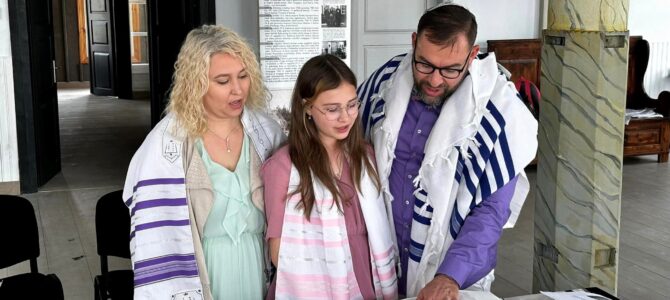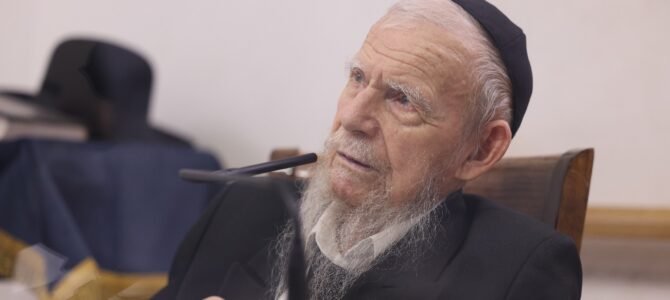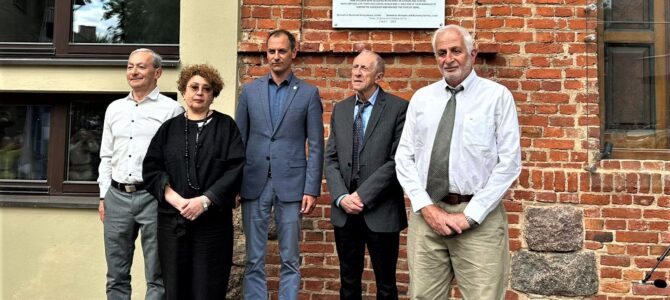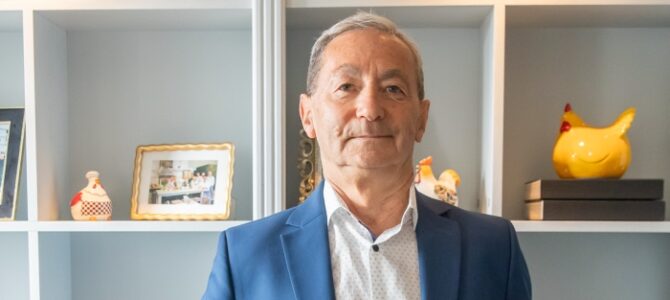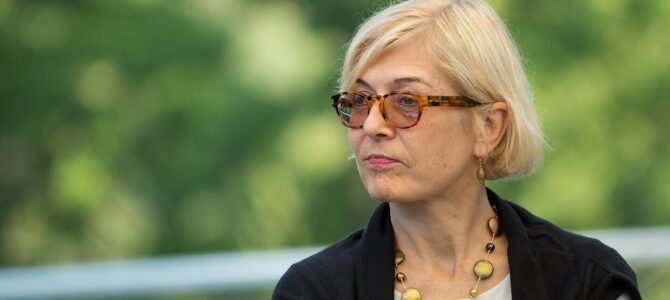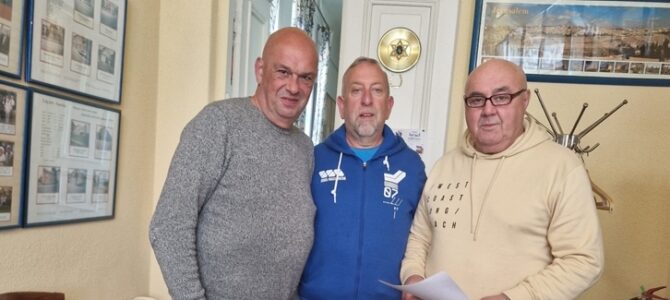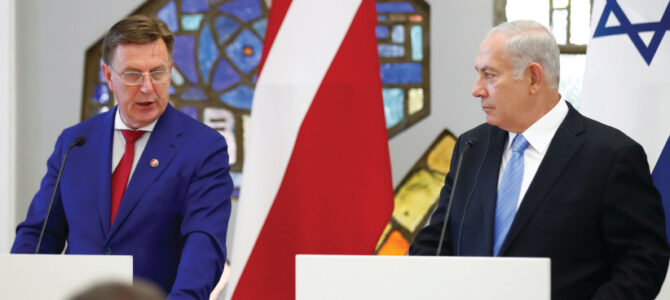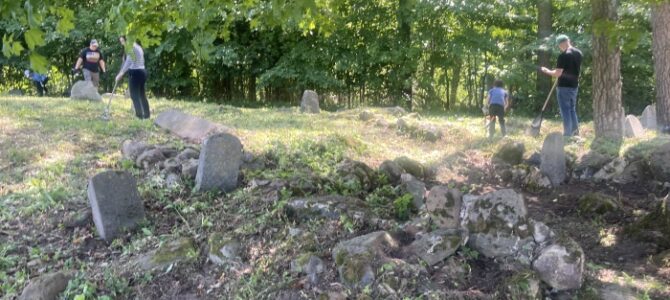Professor Giedrė Jankevičiūtė, a specialist in art and visual representation in Lithuania and Eastern Europe focusing on the late 19th and 20th centuries from the Lithuanian Cultural Research Institute as well as the Vilnius Art Academy, will give a presentation called “Vilnius, Wilno, Vilne, 1918-1948: One City, Many Stories. Exhibit and Its Context” as part of the lecture series “Topical Art Research: The Newest Revelations from Lithuanian Art Research, Dedicated to the 700th Anniversary of the Founding of Vilnius” at 6:00 P.M. on Tuesday, May 30, at the Lithuanian National Art Gallery in Vilnius.
“Vilnius, Wilno, Vilne, 1918-1948: One City, Many Stories” is also the name of a museum exhibit which opened in Cracow, Poland, on May 23, 2023, and will travel to Lithuania and go on public display on November 9 at the the Lithuanian National Art Gallery in Vilnius.
Jankevičiūtė plans to discuss in her presentation the motivations which led to the creation of the exhibit, its structure, content and possible significance for Lithuanian and Polish art culture, especially the visual arts. She says the period chosen for her discussion was a time of true cultural ferment, that the city then on the borderlands was reminiscent of Lvov and Trieste for its multicultural identity and dynamism, with increasing and decreasing shifts in its population. Despite its interesting and unique identity, Vilnius hasn’t found a place on the art culture map of Poland or Europe, and only closed groups of people in Lithuania and Poland are interested in this period in the city, she claims. Usually they are people with a personal connection to the city.
The professor calls this exhibit the first attempt to integrate the art of Vilnius in the period between the two world wars into the wider history of the region’s culture and to provide a credible visual reconstruction of Vilnius art and its artistic life. She says the exhibit integrates the work of artists from the Jewish community.


